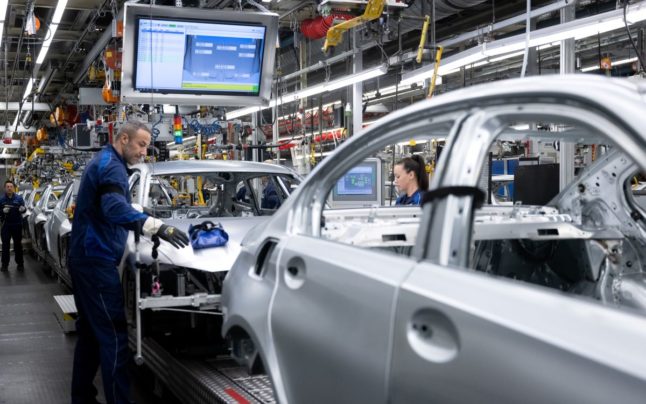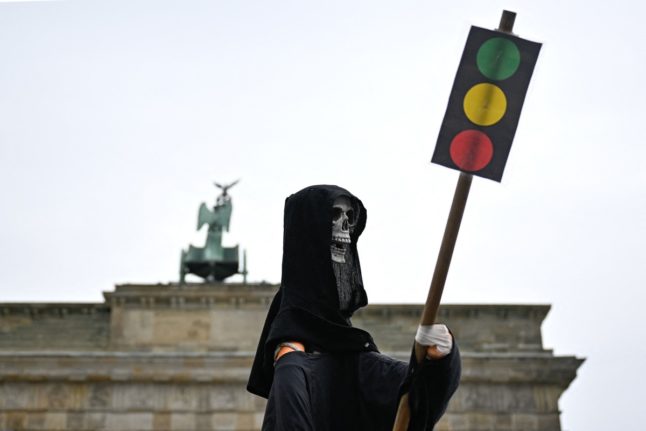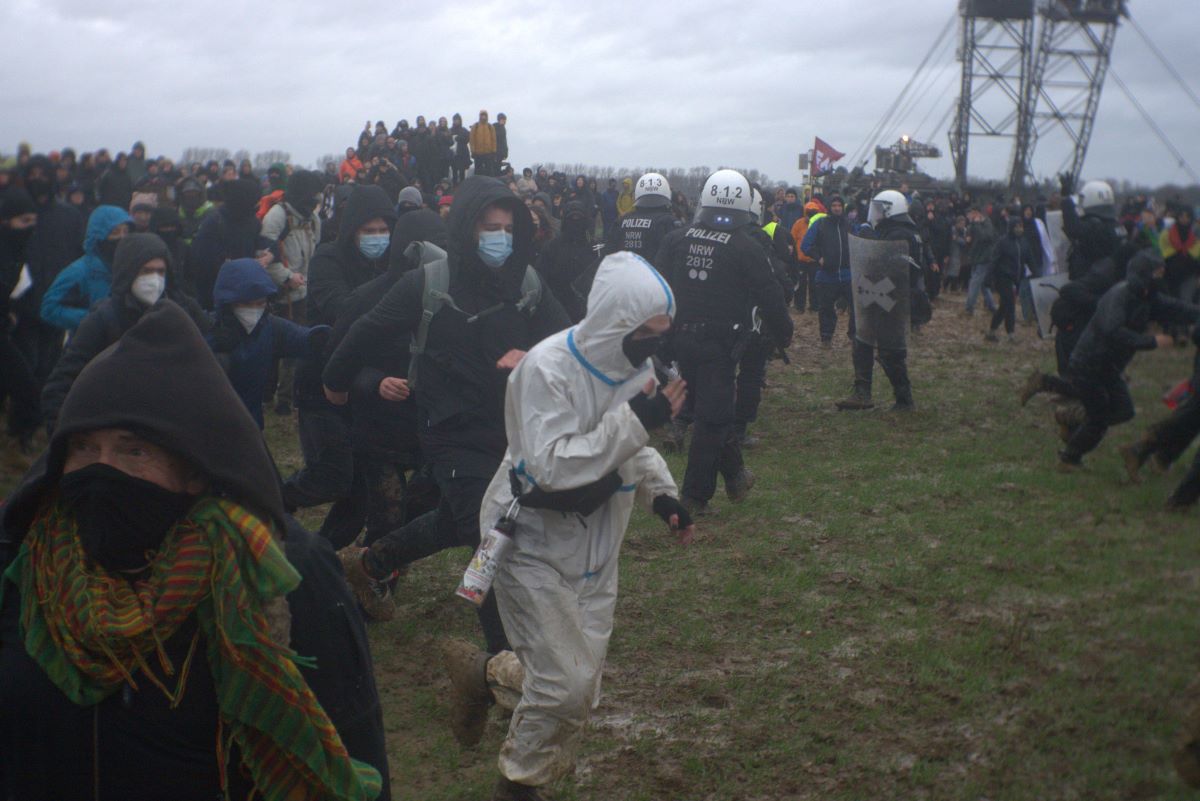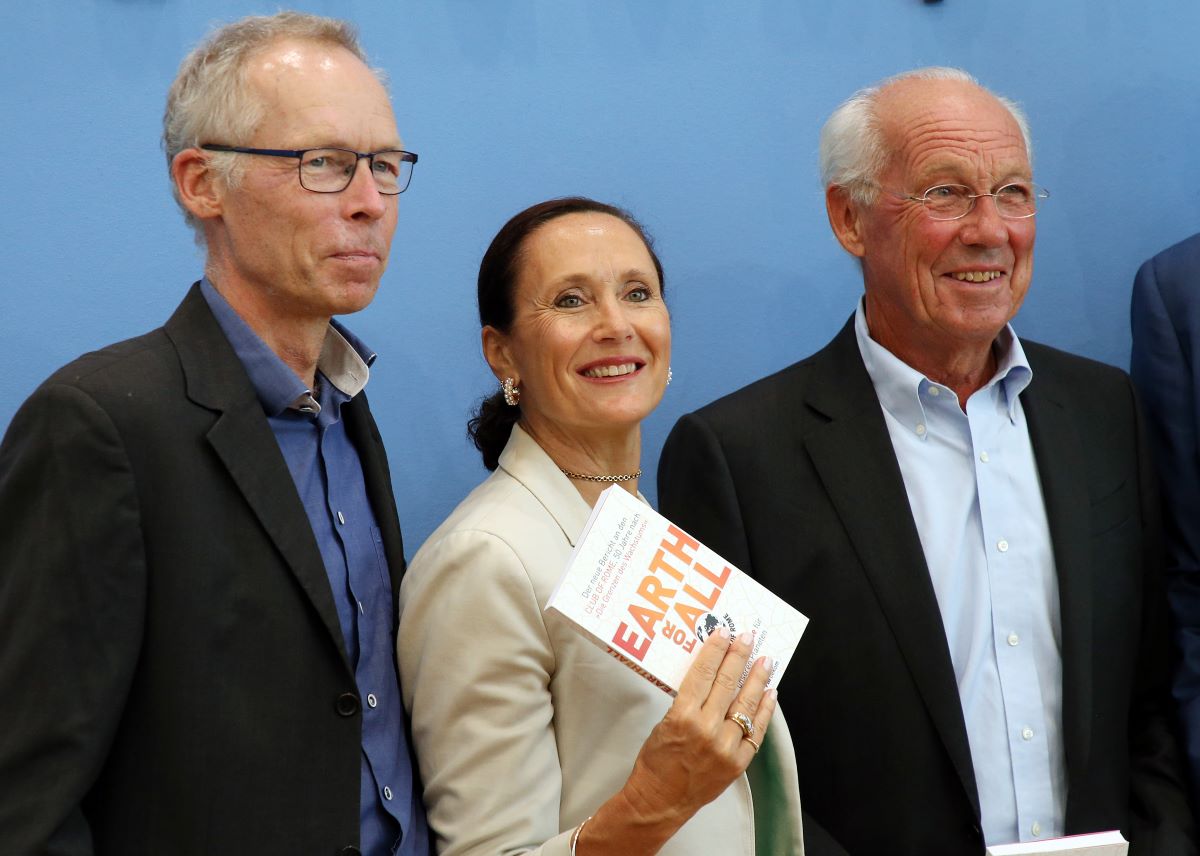The alliance of 30 companies includes blue-chip groups like BMW, BASF and Deutsche Bank, a well as family-owned businesses and start-ups.
“Exclusion, extremism and populism pose threats to Germany as a business location and to our prosperity,” said the alliance in a statement.
“In their first joint campaign, the companies are calling on their combined 1.7 million employees to take part in the upcoming European elections and engaging in numerous activities to highlight the importance of European unity for prosperity, growth and jobs,” it added.
The unusual action by the industrial giants came as latest opinion polls show the far-right AfD obtaining about 15 percent of the EU vote next month in Germany, tied in second place with the Greens after the conservative CDU-CSU alliance.
A series of recent scandals, including the arrest of a researcher working for an AfD MEP, have sent the party’s popularity sliding since the turn of the year, even though it remains just ahead of Chancellor Olaf Scholz’s Social Democrats.
Already struggling with severe shortages in skilled workers, many German enterprises fear gains by the far right could further erode the attractiveness of Europe’s biggest economy to migrant labour.
READ ALSO: INTERVIEW – Why racism is prompting a skilled worker exodus from eastern Germany
The alliance estimates that fast-ageing Germany currently already has 1.73 million unfilled positions, while an additional 200,000 to 400,000 workers would be necessary annually in coming years.
bmw worker
, chief executive of the Dussmann Group, noted that 68,000 people from over 100 nations work in the family business.
“For many of them, their work with us, for example in cleaning buildings or geriatric care, is their entry into the primary labour market and therefore the key to successful integration. Hate and exclusion have no place here,” he said.
Siemens Energy chief executive Christian Bruch warned that “isolationism, extremism, and xenophobia are poison for German exports and jobs here in Germany – we must therefore not give space to the fearmongers and fall for their supposedly simple solutions”.
The alliance said it is planning a social media campaign to underline the call against extremism and urged other companies to join its initiative.
READ ALSO: A fight for the youth vote – Are German politicians social media savvy enough?
It added that the campaign will continue after the EU elections, with three eastern German states to vote for regional parliaments in September.
In all three — Brandenburg, Thuringia and Saxony — the far-right AfD party is leading surveys.





 Please whitelist us to continue reading.
Please whitelist us to continue reading.
Member comments